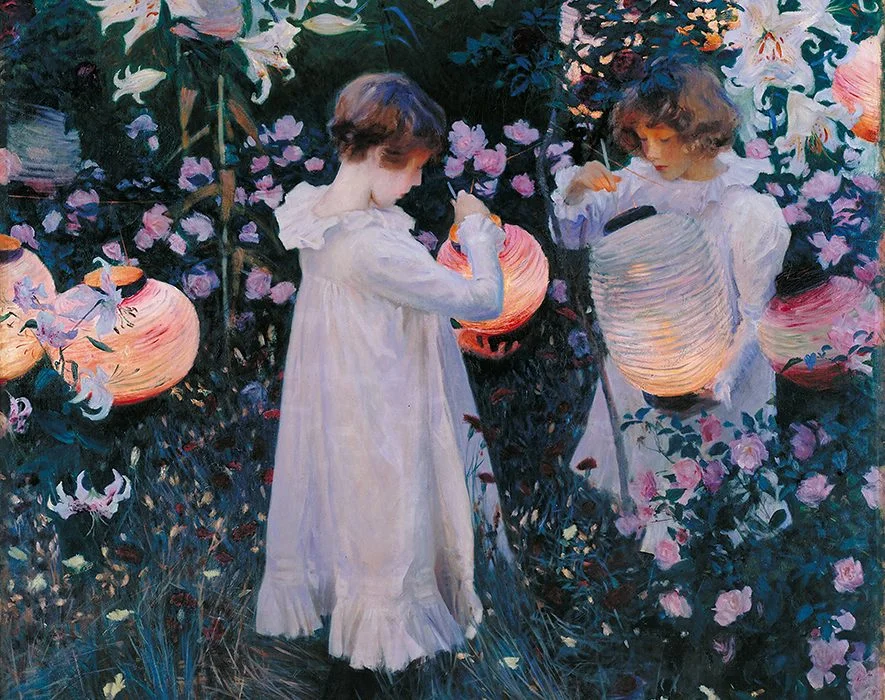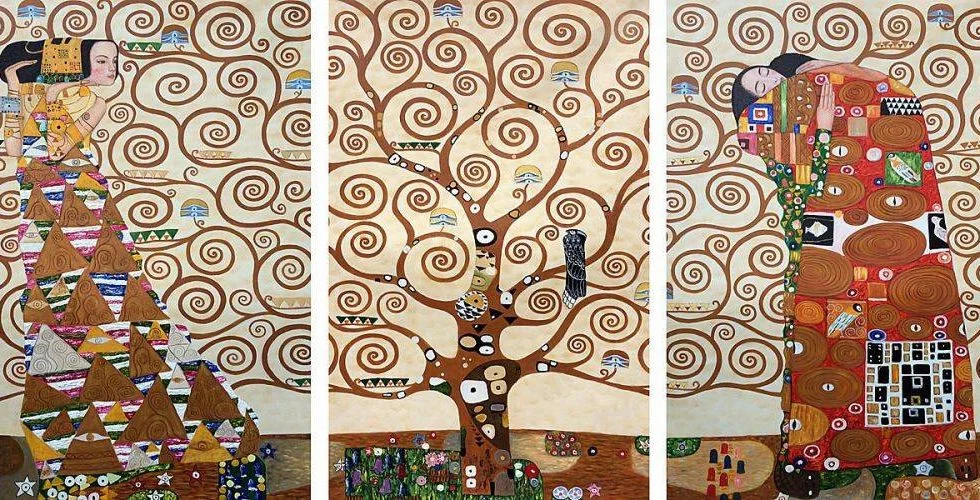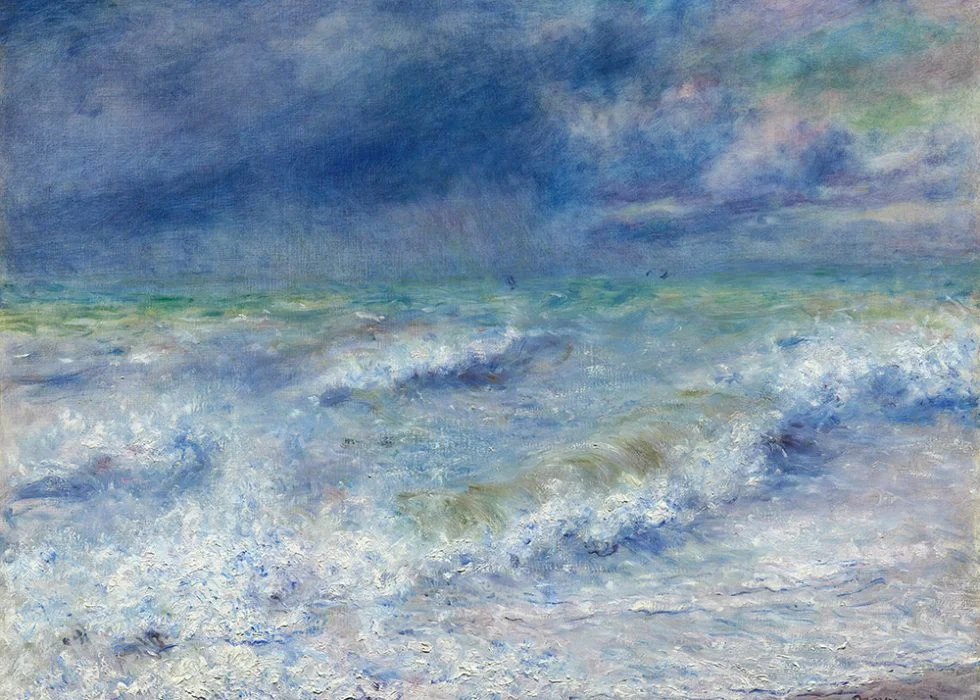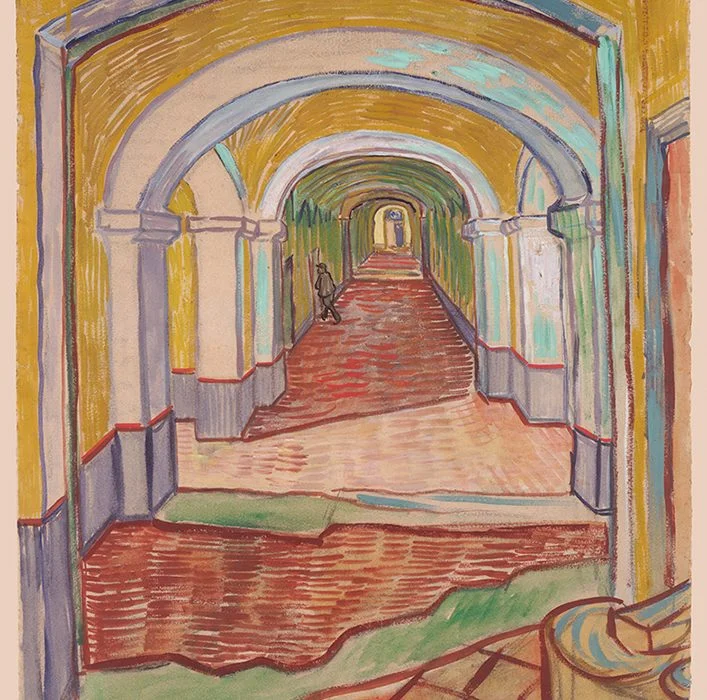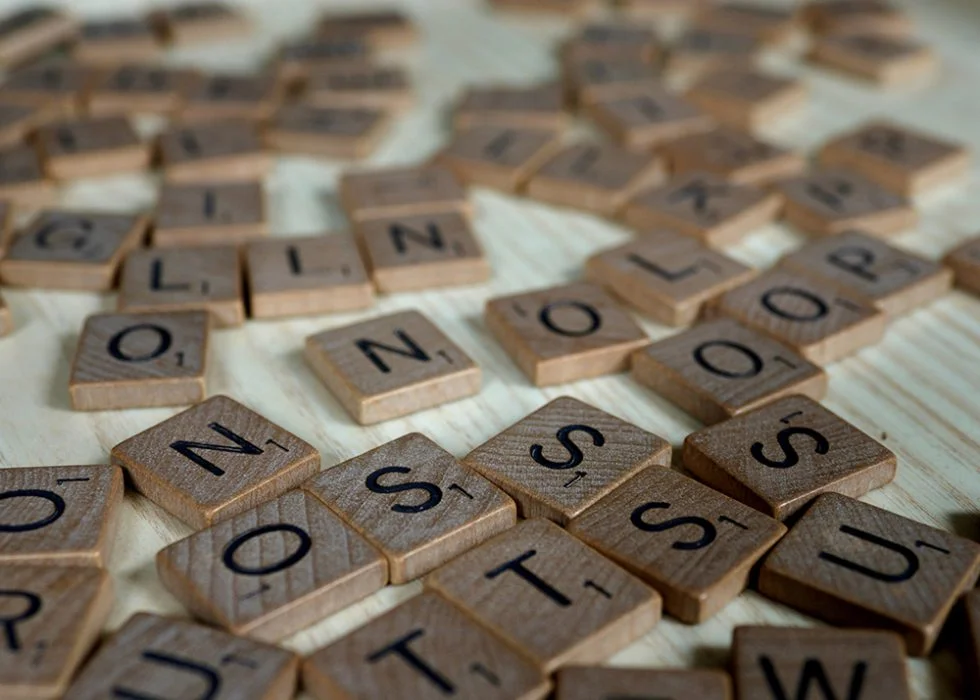Self-Knowledge • Melancholy
Nostalgia for Religion
The situation is simple enough if one believes. Or doesn’t believe. Where it starts to get complicated is if one firmly doesn’t believe – never has and never will – but still profoundly wishes that one could believe; if one suffers from, as it were, a nostalgia for a religion one never had.

What might one miss about this absent, impossible faith? The list might include some of the following:
Mercy
We might long for a God who could forgive, who could be boundlessly merciful, who could understand that despite everything, deep inside, we did mean well, we were trying to be good, we would have loved to be better. It’s just that we messed up, we got carried away, we were entirely stupid – and we’re so so sorry. This God would look at us with a slightly severe and pained expression but then it would take us in our arms and say in a low kind voice, ‘I know, you have tried. I know you are good. You will always have my love. I do not judge like the others.’ We long for mercy personified.
Confession
The missing God would allow us to confess to everything: the terrible words one had said, the awful things one had done… One wouldn’t need to carry secrets and guilt forever, one could utter them to the God, kneel down on the ground, make a sign of atonement – and then be relieved of one’s burdens. One could start afresh, one could be reborn under loving eyes. One could have a second chance.
Prayer
At moments of special stress, one could lie in bed and pray and the God would be there, somewhere in the darkened room, to listen. One would ask that one’s loved ones wouldn’t have to suffer, that one’s career wouldn’t be destroyed, that one’s relationship could be saved. Before a challenge, in the waiting room of the doctor’s surgery, in the green room before a speech, one would ask that it could all be OK – and know that God was there listening to our petitions and ready to bend reality for us.
Mummy and Daddy
One can be honest on this score: one wants divine versions of Mummy and Daddy. They would be solemn, dignified, patient and kind, always on hand to help and reassure – and, just as one might have hoped at the age of two or three, they would together know exactly what was going on and what needed to be done. If there was a problem, they would be on to it immediately, they would have the power to sort out distress and when one couldn’t cope, one could go to them and weep and they would stroke one’s hair and promise one that things would be fine eventually. When one was sick, they would tuck one up in bed, bring a boiled egg with soldiers and after a story, give one a kiss on the forehead and leave the door ajar so there would always be a bit of light and one wouldn’t have to be scared – ever again.
Dignity
One longs for the seriousness and beauty of religion. In the houses of prayer, the architecture directs the eye to eternity, the music is other-worldly, the tone hushed and respectful. There is an invitation to be wholly serious and pure. In the temples of religion, one can at last leave behind the usual pettiness, squalor and one’s own more repulsive appetites. This is one’s true home from which one has been in exile, a realm of love, wisdom and beauty.
A Happy Ending
More than anything, what one wants from religion is an assurance of a happy ending, some sense that this won’t all be a random, horrific nonsense that winds up with decline, horror and meaningless death. One wants to hold out one’s hand to someone with a very big heart who understands.
That all these longings are – at one level – entirely ridiculous and retrograde is no argument against them. We should allow ourselves to be nostalgic for ideas we know can’t be true. That way we will be faithful to the workings of our own psychology, unlike atheists who not only declare that religion is nonsense but also deny the validity of any kind of wish for metaphysical tenderness or reassurance. We should allow ourselves to dwell in a state of post-religious melancholy, in which we can visit cathedrals, admire mosques, spend time in pagodas, follow services in synagogues and ache to believe – all the while bravely knowing that we are condemned to be forever alone, unreassured, ashamed and scared.


















